EXAMINATION OF THE CASE CONCERNING THE QUALIFICATION OF THE FLAMANVILLE EPR REACTOR VESSEL Press release by ANCCLI
On 7 April 2015, the French Nuclear Safety Authority (ASN) has released first information about the manufacturing defect found on the top and bottom caps of the EPR reactor vessel under construction at Flamanville.
More detailed information have since been provided by an information note from the ASN published on 9 April, by a briefing dated 12 April from WISE Paris and an opinion of the Institute of Radiation Protection and Nuclear Safety (IRSN) published in the press on 3 April.
As presented in the opinion of the IRSN, the technical aspects of the case confirm at this stage the seriousness of the problem: – The caps have a manufacturing defect that hasn’t been observed before in the existing reactors in France, – This defect originates from a carbon segregation, which was expected by the process of change selected by the manufacturer and was measurable from the stage of manufacture, – This segregation, exceeding the standards applicable for these parts, leads to lower toughness values than the general regulatory requirements, past or present, as the specific technical requirements for the EPR project.
Under these conditions, the qualification of the cover and the body of the vessel can come only from another justification from Areva in order to comply with the prescribed standards based on the act of conducting new tests. This demonstration is particularly crucial to the vessel body, which was set up in Flamanville and which would, in practice, be very difficult to be replaced.
Finally, the handling of this case has a strong international dimension, since many pieces produced for abroad EPR reactors are concerned. While some pieces are offered for Flamanville-3 qualification needs, others are already in place on the EPR reactor being built in Taishan, which poses a consistency challenge between China and France.
Regardless of a necessary clarification on failures that led to this late detection of the problem, ANCCLI highlights the importance of examining the vessel qualification case in exemplary conditions, for at least three reasons: 1) The case has definitely a national significance. The EPR under construction at Flamanville is the seed of a new model of which the objective was, from the beginning, to present an important step in terms of safety. In the post-Fukushima context, this objective must remain the benchmark for assessing the robustness of the vessel; 2) The examination of this case finds itself under a strong economic pressure, given the interests at stake on completing the EPR itself and the international implications for the nuclear industry. For providing all necessary guarantees, the process must be subject to an exceptional effort in access to information and participation; 3) As pointed out by the IRSN, the offending parts diverged significantly from the area known for the materials of existing vessels, which makes it more difficult to produce a justification for their mechanical strength to an equivalent level of guarantees. The novelty of this technical problem calls for the mobilization of a pluralist expertise.
To address this issue to the needed exceptional level under conditions of confidentiality and serenity of the examination, ANCCLI recommends the establishment of a pluralistic group of experts dedicated to examine this case. This kind of device has proven in the past to deal with matters that, even if the topics and contexts were different, had the same needs of response to complex problems and situations.
Also, ANCCLI offers ASN to explore as soon as possible the possibility of setting up a pluralistic group of experts (its mission, its composition, its effectiveness within existing processes) and on the conditions of access to information and participation associated with this specific process. The next few months should be put to good use for the set up of this group and its capacity to review the results of new tests conducted by Areva, when these one will be available. ANCCLI shall put itself at the disposal of ASN to contribute to this debate.
The Association Nationale des Comités et Commissions Locales d’Information (ANCCLI), (National Association of Local Information Committees and Commissions) is a national association in France that brings together the local bodies that have been set up with the dual roles of providing information and oversight of nuclear installations.
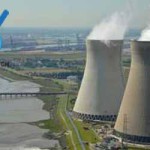
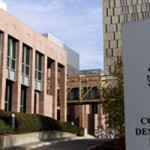

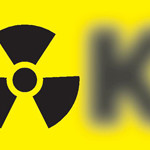
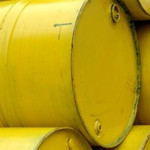
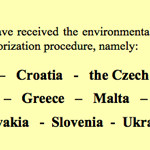
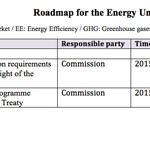
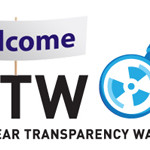

 On January 26, 2015 the International Roundtable on Emergency Preparedness and Response in the Nuclear Sphere was organized in Kyiv by the Ukrainian Environmental NGO “MAMA-86” (UNENGO “MAMA-86”) and the State Inspectorate for Nuclear Regulation of Ukraine, with the support of the Swedish International Development Cooperation Agency and the European public network Nuclear Transparency Watch.
On January 26, 2015 the International Roundtable on Emergency Preparedness and Response in the Nuclear Sphere was organized in Kyiv by the Ukrainian Environmental NGO “MAMA-86” (UNENGO “MAMA-86”) and the State Inspectorate for Nuclear Regulation of Ukraine, with the support of the Swedish International Development Cooperation Agency and the European public network Nuclear Transparency Watch.
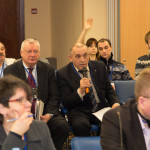
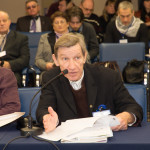
You must be logged in to post a comment.